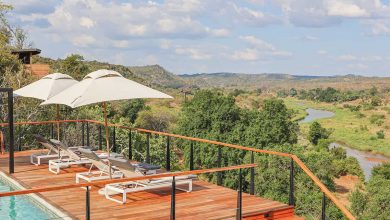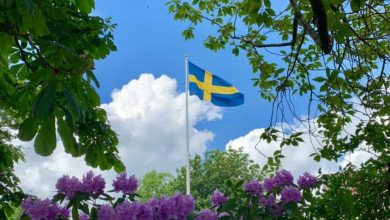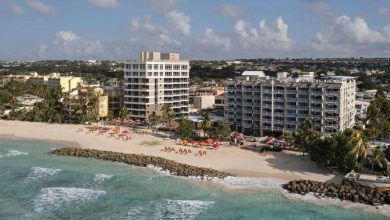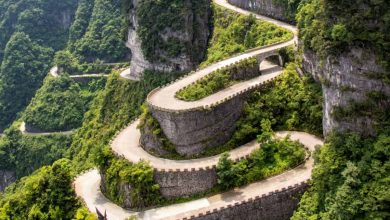Botswana: A sustainable safari destination
/ 2023-05-17 20:06:10
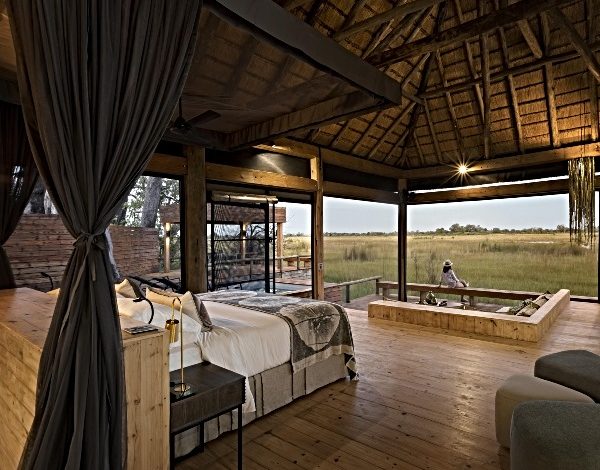
Diplomat.Today
Sarah Kingdom
2023-05-17 20:06:10
——————————————-
Few countries in Africa can compete with Botswana for safari exclusivity and luxury, as well as an abundance of wildlife and diverse landscapes. With a population of about 2 million, the country is slightly larger than France and slightly smaller than Texas, but 40% of the country is devoted to parks and wildlife. The Botswana government has mandated a high-income, low-volume, low-impact ecotourism policy that equates to fewer tourists and more protected natural wildernesses. Plus, they’ve deployed their military to combat poaching—one of the reasons the country is such a safe haven for wildlife. In wilderness areas such as the depths of the Okavango Delta and environs, not only are the safari camps and lodges more ecologically inclined and more symbiotic with their environment, but their owner’s efforts and government policies help preserve the land.
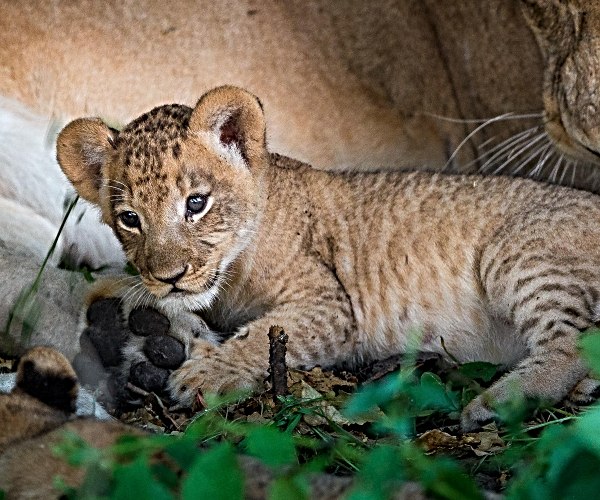
Home to some of the world’s most endangered species and the world’s largest elephant population, Botswana has become a wilderness haven. What’s important when planning a safari here is to do it with companies that work to preserve the land for generations to come, setting standards for sustainable commercial activity.
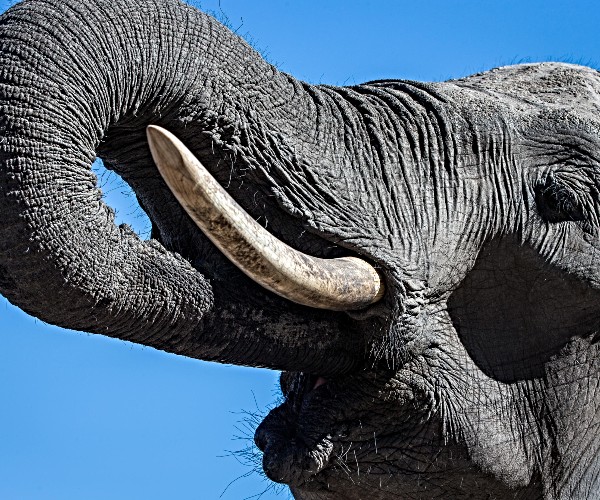
Synonymous with luxury safari camps, Wilderness was established in Botswana in 1983 and is now recognized as one of Africa’s premier ecotourism operators. With 60 camps in 8 different countries, the company is actively helping to protect 6 million hectares of land, and aims to double that in the next ten years.
Wilderness as a company is best explained in two parts; conservation and hospitality. Through partnerships with trade industries, donors, governments and local communities, they work to protect and preserve the wild places they share with their guests, and their guests positively impact the communities living on the fringes of these wild places, through conservation fees and employment.
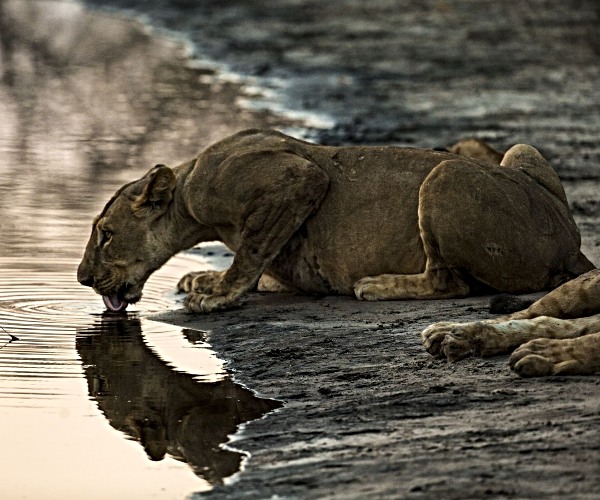
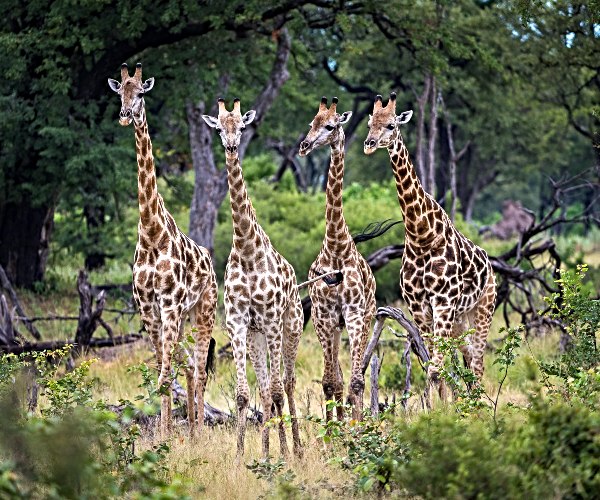
Wilderness Wildlife Trust, a non-profit organization and the wildlife conservation arm of Wilderness, has three main goals: educate, empower and protect. Education, through scholarship programs, eco-clubs and mentorship programs. Empowerment, through employment and support of local businesses, reducing the dependence of local people on natural resources. Protect by supporting anti-poaching initiatives and research programs and by promoting the coexistence of humans and animals.
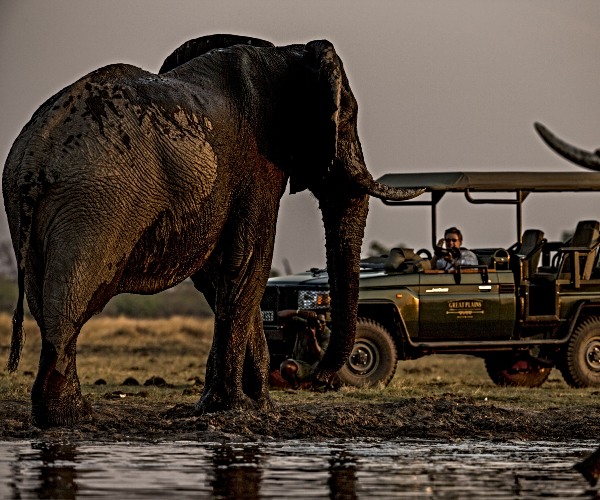
Founded in 2006, Great Plains Conservation is unusual for a safari operator in that it is a hybrid organization, with both commercial and charitable weapons. The core of the business is setting up conservation projects in endangered habitats, financed by the profits of the safari lodges and camps. Great Plains’ mission is to balance conservation, community and commerce in a way that can make a lasting difference in natural areas. Capture and manage endangered environments, using funds from low-volume, low-impact tourism, proving that commercial operations can positively benefit landscapes when done correctly. The Great Plains portfolio of safari lodges leads the way in sustainability, and guests who visit these camps become agents of positive change.
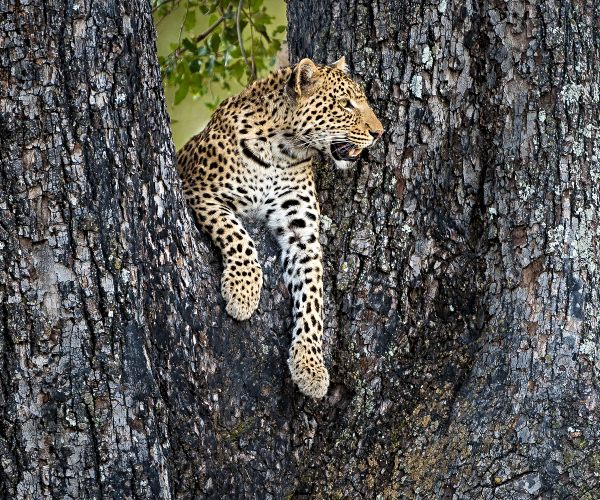
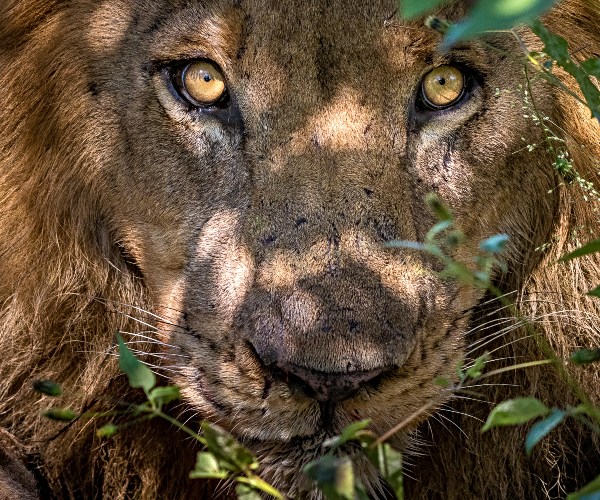
For Great Plains, protecting Africa’s wilderness is not just a philosophy, but a way of life. The Great Plains Foundation works on projects such as rhino rehoming projects, reforestation, conservation education, and outreach programs for children.
About 1 million acres are managed and protected by Great Plains Conservation and plans to expand this to 5 million are well underway. Two of the company’s founders, Dereck and Beverly Joubert, are multi-award-winning filmmakers and National Geographic’s “Explorers in Residence,” and many of their documentaries are shot on the same reservations that house the Great Plains camps.
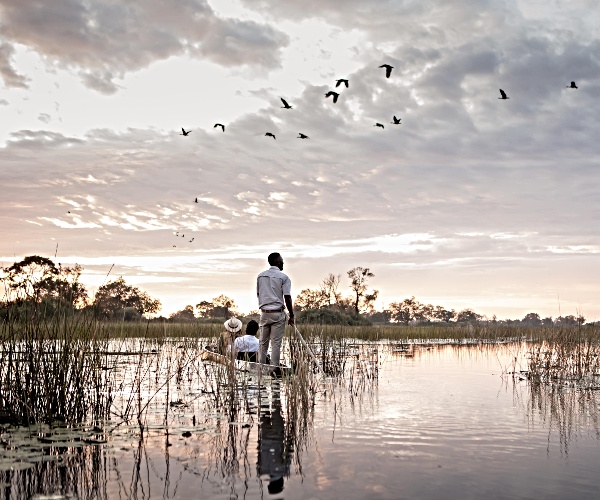
Botswana’s Okavango Delta is a 6,177 square mile wetland wilderness in northern Botswana. One of the largest inland deltas in the world, this is teeming with wildlife, including elephants, hippos, crocodiles and rare antelopes such as lechwe and the shy sitatunga. Predators such as leopards and lions abound, and this is one of the best places in Africa to see African wild dogs. The delta also has over 500 bird species, making it a paradise for birdwatchers.
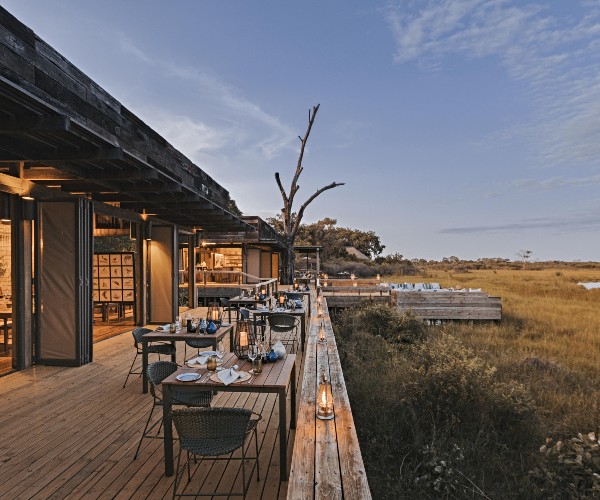
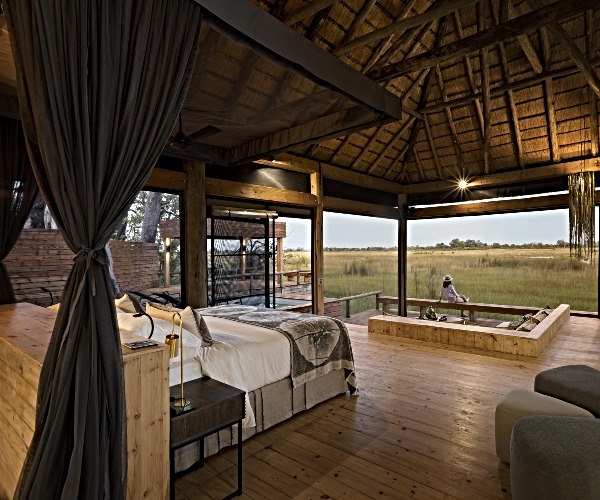
Vumbura Plains Camp is located in the far north of the Okavango Delta. The annually flooded grasslands of the Okavango Delta around the Vumbura plains, locally called ‘melapo’, offer good seasonal wildlife including elephant, giraffe and buffalo. Hippos and crocodiles are common in the waterways, and there are several lions and a host of other predators. Birding is exceptional all year round.
Vumbura Plains consists of two separate but interconnected camps, with a total of 14 spacious, elevated rooms, each with indoor and outdoor showers, private plunge pools, and an outdoor area from which to watch the passing animal parade.
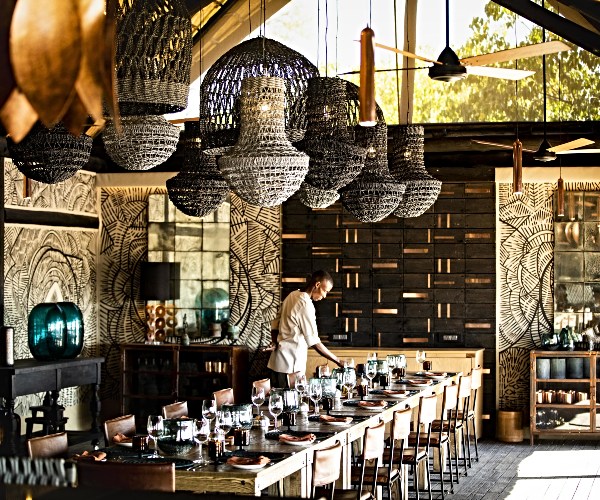
IMPORTANT ANNOUNCEMENT:
If you are reading this article anywhere other than A Luxury Travel Blog, chances are this content has been stolen without permission.
Please note the web address above and contact A Luxury Travel Blog to notify them of this issue.
Thank you for helping us fight content theft.
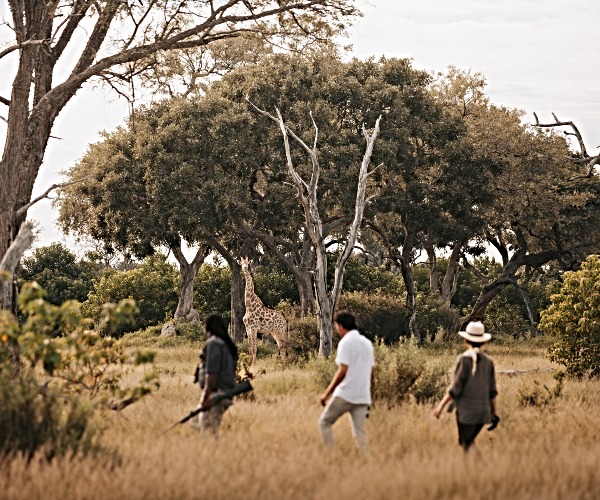
Activities include game drives, walking safaris and boating. Morning and afternoon game drives bring you up close to exciting wildlife interactions. Early morning excursions in the mokoro (hollowed-out canoe) are highly recommended; These scenic and relaxing tours are great for seeing brightly colored bee-eaters, crakes, pygmy geese and a host of other birds. Fishing during the flood season offers the opportunity to chase the highly prized tigerfish.
The lodge is part of the Okavango Community Trust which manages the affairs of the local community. Mindful of its carbon footprint, the camp runs largely on solar energy. Sewage and gray water are treated so that only clean water ends up in the natural environment. Wilderness is partnering with the Botswana Lion Genetics Study and the Pack for a Purpose initiative, which encourages visitors to save space in their suitcases to bring supplies that benefit local people.
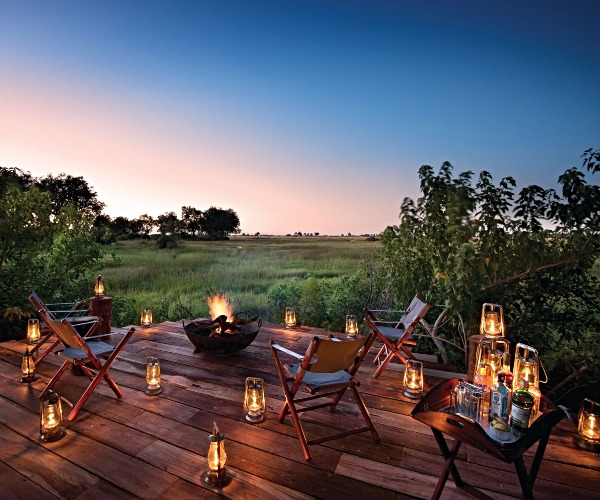
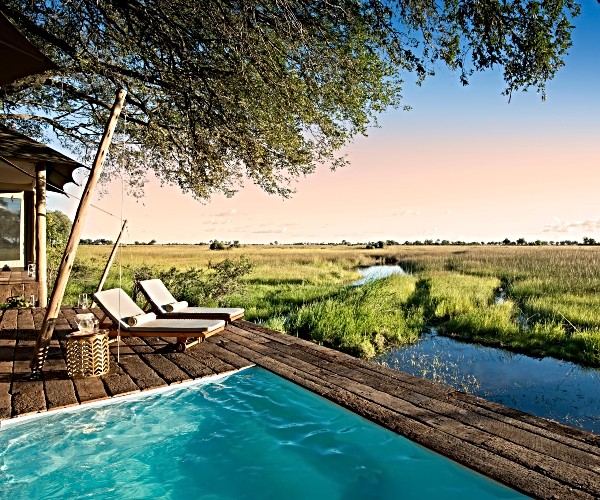
Blissfully isolated and only accessible by air, Duba Plains Camp is located in a particularly scenic corner of the Okavango. The camp is located on a private concession of 77,000 hectares in the north of the Delta. Predators stalk the wooded areas and watch the animals gather on the open plains. Night drives offer the chance to spot nocturnal animals such as the honey badger and aardvark.
Duba Plains prides itself on extraordinary wildlife experiences with reliable sightings of lion, buffalo, wildebeest and a range of antelope. Elephants and hippos regularly trudge through the camp. The wildlife here is the subject of numerous award-winning National Geographic documentaries by founders Derek and Beverley Joubert, including Eternal enemies which details the struggle for survival between lions and buffaloes in the area and how each species has adapted to this unusual way of life.
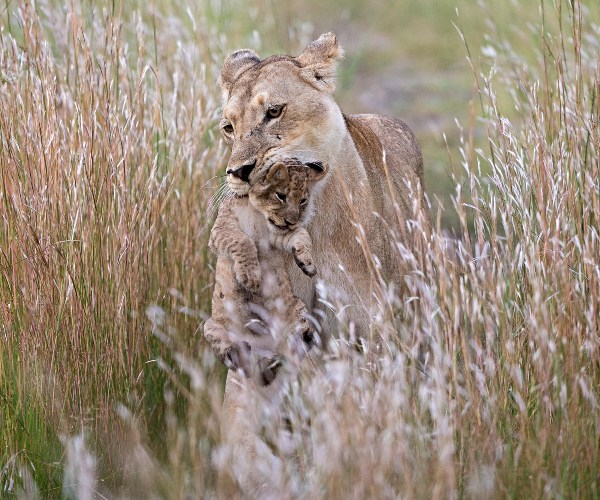
Luxury vintage style tented rooms, with only 6 rooms, built under the shade of fig and mangosteen trees and overlooking the Okavango floodplains. Campaign-style chairs, oriental carpets, leather armchairs, four-poster beds wrapped in mosquito nets and an air-conditioned wine cellar with a few hundred bottles of wine.
In a commitment to the local community, Great Plains leases the land on which the camp is built, and locals make up 80% of the workforce, putting money directly into the community. Great Plains also facilitates the Kids Conservation Education Camps project, educating the school children in surrounding rural communities on all things wildlife and conservation. An exclusive safari destination and a responsible safari choice in Botswana.
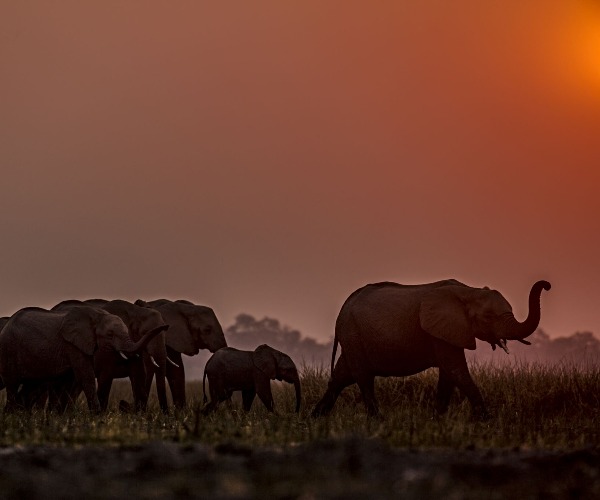
A safari destination you’ve probably never heard of, the 275,000-hectare Linyanti Wildlife Reserve is located in the northwestern part of the Okavango. Here, the Kwando River, Selinda Spillway, Linyanti River and Savuti Channel create a system of river channels and flood plains. Hundreds of miles away from so-called civilization, the Linyanti is one of the most game-rich regions in Botswana, known for its wild dog populations, zebra migration and bull elephant populations. Most lodges here are only accessible by light aircraft.
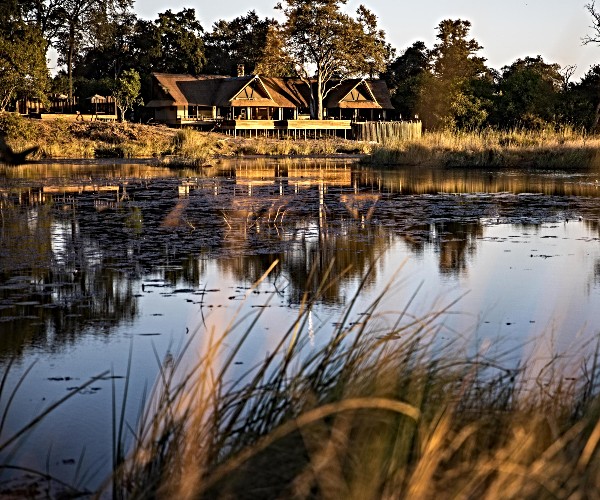
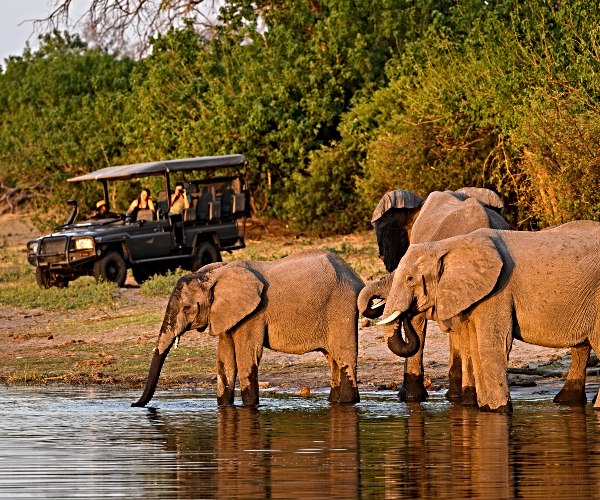
Tucked away in a forest of jackalberry trees, King’s Pool Camp overlooks an oxbow lagoon on the Linyanti River. The river forms the border between Namibia and Botswana, and King’s Pool is at the center of the important wildlife corridor in the Linyanti Wildlife Reserve. These wildlife corridors run through Angola, Namibia, Zambia and Botswana and are vital to the success of elephant populations across Africa.
The camp consists of 8 spacious thatched and canvas suites, situated on raised decks near the water’s edge, and connected by raised wooden walkways to the rest of the camp. King’s Pool has a sunken hide overlooking a tranquil lagoon, which attracts an impressive array of wildlife and birds, especially elephants, who come to drink from the water. an amazing experience and the chance to get so close is extremely exciting for any photographer.
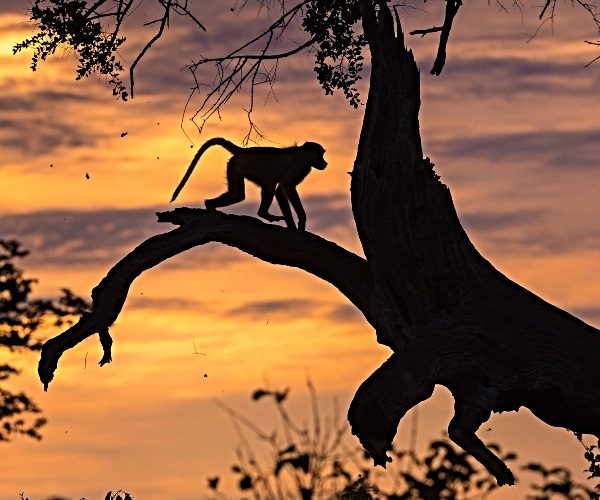
Demonstrating its commitment to sustainable tourism, conservation and community development, King’s Pool is a member of the Long Run Alliance, a global community of nature-based tourism companies committed to holistic sustainability. Wilderness recognizes that one of Botswana’s greatest conservation challenges is its large elephant population, and has also promoted and helped fund a number of MSc-focused studies investigating this issue. In addition, the camp is 100% solar powered and the waste water is treated to ensure it is safe before it is released into the surrounding environment.
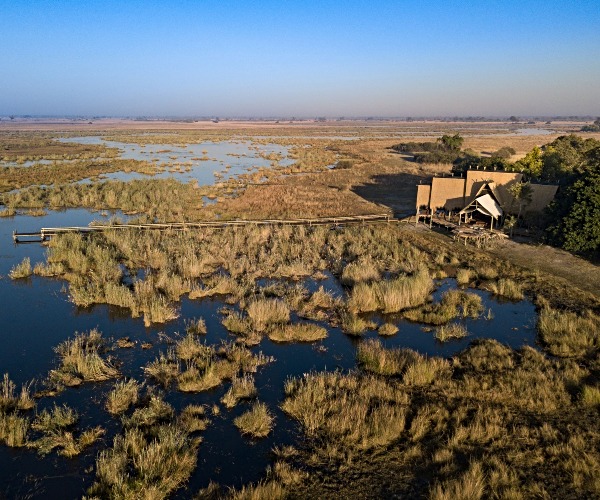
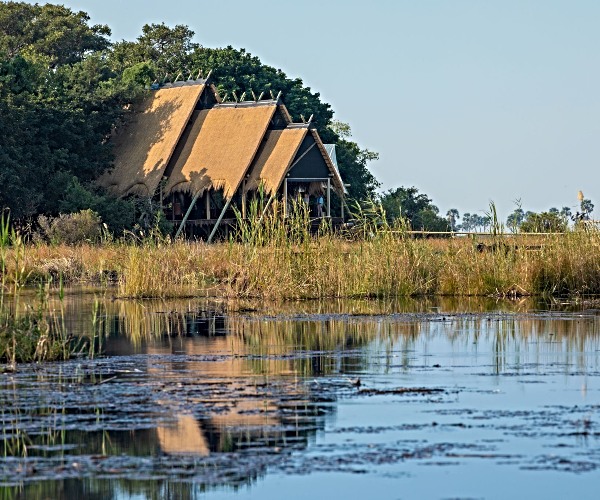
Selinda Camp, in the sprawling 320,000 hectare Selinda Reserve, is one of Botswana’s most exclusive camps, and one of the smallest with just three guest tents. Selinda is Arabic for “the beloved”, and what’s not here to love. Game drives, walks, boating, tracking and bird watching puts you amongst some of the best wildlife Botswana has to offer. The nearby Selinda Spillway is home to lions and incredible concentrations of buffalo. This is where the Jouberts filmed Birth of a pride – a story of survival, of lions returning to an area where they had once been hunted to near extinction.
The camp’s spacious, luxurious tents are set under cooling thatched roofs and feature an en suite bathroom and a private veranda with a pool and hammock. The camp’s dining and lounge area offers spectacular views over the lagoon.
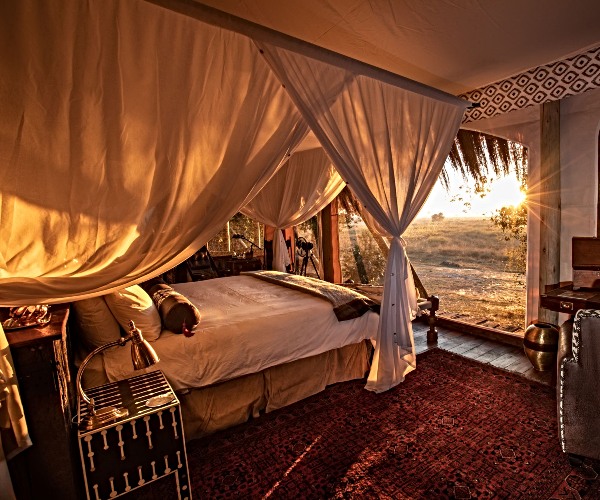
Selinda Camp has received the highest rating from the Botswana Tourism Organization for “EcoTourism”, and has also been named one of the World’s Top 100 Sustainable Destinations. Camp eco-practices include using biodigesters that convert vegetable scraps into methane cooking gas, composting, gray water recycling, using recycled hardwoods in camp construction, and eliminating single-use plastics.
A trip to Botswana exposes you not only to new landscapes, cultures and experiences, but also to new ways of seeing the world and our place in it. A safari can be sustainable, it just has to be done right.
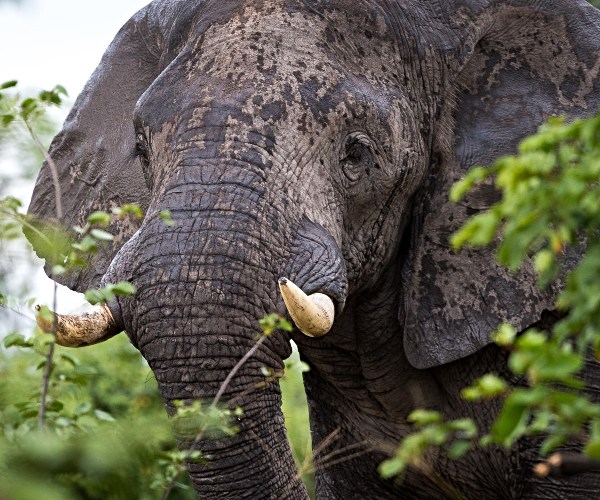
——————————————-
